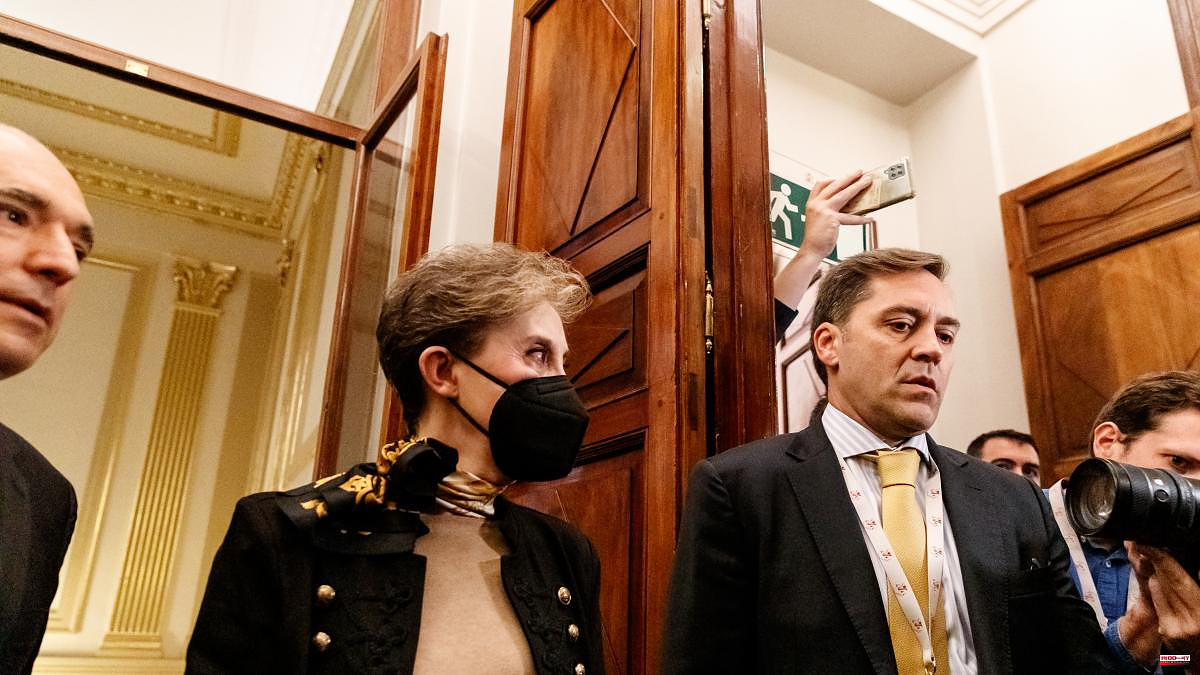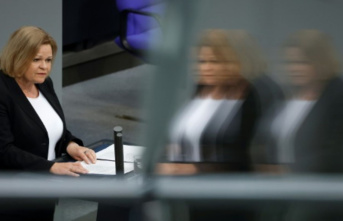The director of the CNI, Paz Esteban, has become this Tuesday the first political victim of the espionage scandal with the Israeli software Pegasus and has been dismissed from the position she reached in February 2020, although she had been performing the functions on an interim basis since July of 2019.
Paz Esteban was singled out after the Government confirmed last Monday that the cell phones of the President of the Government, Pedro Sánchez, and the Defense Minister, Margarita Robles, had been spied on in May and June 2021, respectively, which confirmed a serious security breach in the Spanish intelligence services, after learning, through The New Yorker magazine and the research group The Citizen Lab, of espionage on more than sixty leaders, activists, lawyers and journalists from the pro-independence orbit.
In any case, the head of the secret service went to the Congress of Deputies last Thursday to defend –behind closed doors– that the actions of Spanish spies have always been carried out scrupulously in accordance with the law. And for this, she showed the 10 deputies who make up the recently constituted official secrets commission, the judicial authorizations that allowed the interception of the mobile phones of 19 people related to the procés. A number that is far from the list of 63 leaders linked to the independence movement who were allegedly spied on.
Paz Esteban (Madrid, 1958) is an analyst with almost four decades of experience in the secret services. She studied Philosophy and Letters at the Autonomous University of Madrid and specialized in Ancient and Medieval History. She began to prepare an opposition to be a librarian, but changed her mind when a family acquaintance offered her a job at the Superior Defense Information Center (Cesid), the former CNI, which she joined in 1983. At Cesid she began as an analyst in the Foreign Intelligence Division, and came to direct one of the areas of said division. There she prepared reports on NATO and jihadism, among them on the 11-S attacks in New York and those of 11-M in Madrid.
Always in the offices -and there is no evidence that he has ever been assigned outside of Spain-, Esteban was promoted until he reached management bodies. In 2004, already at the CNI, she was appointed head of the coordination body of the Intelligence Directorate. Two years later, she moved to the Planning Unit, first as number two and then as the main person in charge.
But the definitive leap came in 2008, when she entered the technical office of the then director of the CNI, Félix Sanz Roldán - her predecessor at the head of the secret services -, first as head of the Strategy and Plans Section, and in 2010 as cabinet director. Already with the full confidence of Sanz Roldán, in June 2017, after the resignation of Beatriz Méndez de Vigo, the Council of Ministers appointed her Secretary General of the CNI, that is, the second on board. Squaring dates, that means that she already had a position of responsibility in the years in which the CNI acquired the Pegasus espionage system. Her stage at the head of the secret services also coincides with one of the most intense phases of espionage with Pegasus on the independence leaders.
In 2019, when Sanz Roldán's mandate ended, Esteban became the director general of the CNI on an interim basis, since the government was in office until the general elections in April of that year. Finally, on January 30, 2020, she was officially appointed director.
4












